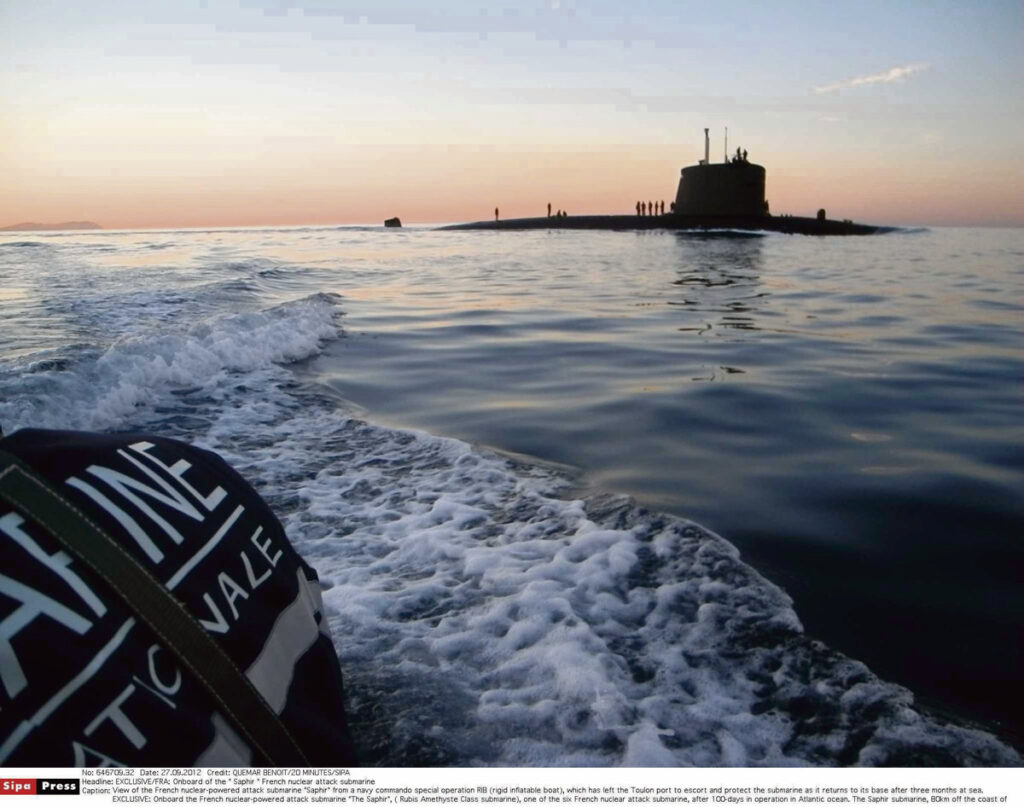At a time when Donald Trump, candidate in the American presidential election, seems to be calling into question transatlantic solidarity with his European allies within NATO, and in the context of the war between Russia and Ukraine, the question of European leadership in strategic matters, and even of a specifically European deterrent, has never been more pressing.
The research seminar organized by CIENS on “European nuclear trajectories” is an opportunity to look back at the nuclear history of three key Western European countries, establishing divergences, commonalities and circulations between Germany, France and Italy, during the Cold War and beyond.
On Tuesday May 7, from 5 to 7 p.m., Andreas Lutsch, Junior Professor, Hochschule des Bundes für öffentliche Verwaltung, Department of the Bundesnachrichtendienst, Berlin and author of Westbindung oder Gleichgewicht? Die nukleare Sicherheitspolitik der Bundesrepublik Deutschland zwischen Atomwaffensperrvertrag und NATO-Doppelbeschluss, Berlin, De Gruyter Oldenbourg, 2019), will talk about the FRG’s nuclear trajectory during the Cold War.
Venue: 45 rue d’Ulm, 2nd floor, Salle 3 du Pôle Ressources Lettres (yellow corridor). Session in English.
On Tuesday May 14, from 5 pm to 7 pm, a “Young Researchers” round-table (link to register here) will look at various aspects of France’s nuclear policy. Three doctoral students will present their work:
- Inoue Masatoshi (EHESS / Centre Alexandre-Koyré and Centre d’étude des mouvements sociaux) will focus on “The visibility and invisibility of victims: revisiting the reception of Hiroshima and Nagasaki in post-war France”.
- Manatea TAIARUI (University of French Polynesia / Pacific Doctoral School) will focus on French nuclear testing in the Pacific during the Cold War (1963-1975).
- Florian Gallleri (Nantes University / CRHIA) will examine the European dimension of deterrence after the Cold War.
Venue: 45 rue d’Ulm, Rez-de-Chaussée, Salle Beckett.
Finally, on Wednesday May 15, from 6 to 8 pm (date and time to be confirmed), Leopoldo Nuti, Professor of the History of International Relations at the University of Rome III and author of La sfida nucleare: la politica estera italiana e le armi atomiche 1945-1991, Bologna, Italy, Il Mulino, 2007, will examine Italy’s nuclear trajectory during the Cold War.
Videoconference session in English. Location: 45 rue d’Ulm, 2nd floor, Salle 2 du Pôle Ressources Lettres (yellow corridor).
These sessions are open to all interested parties.

